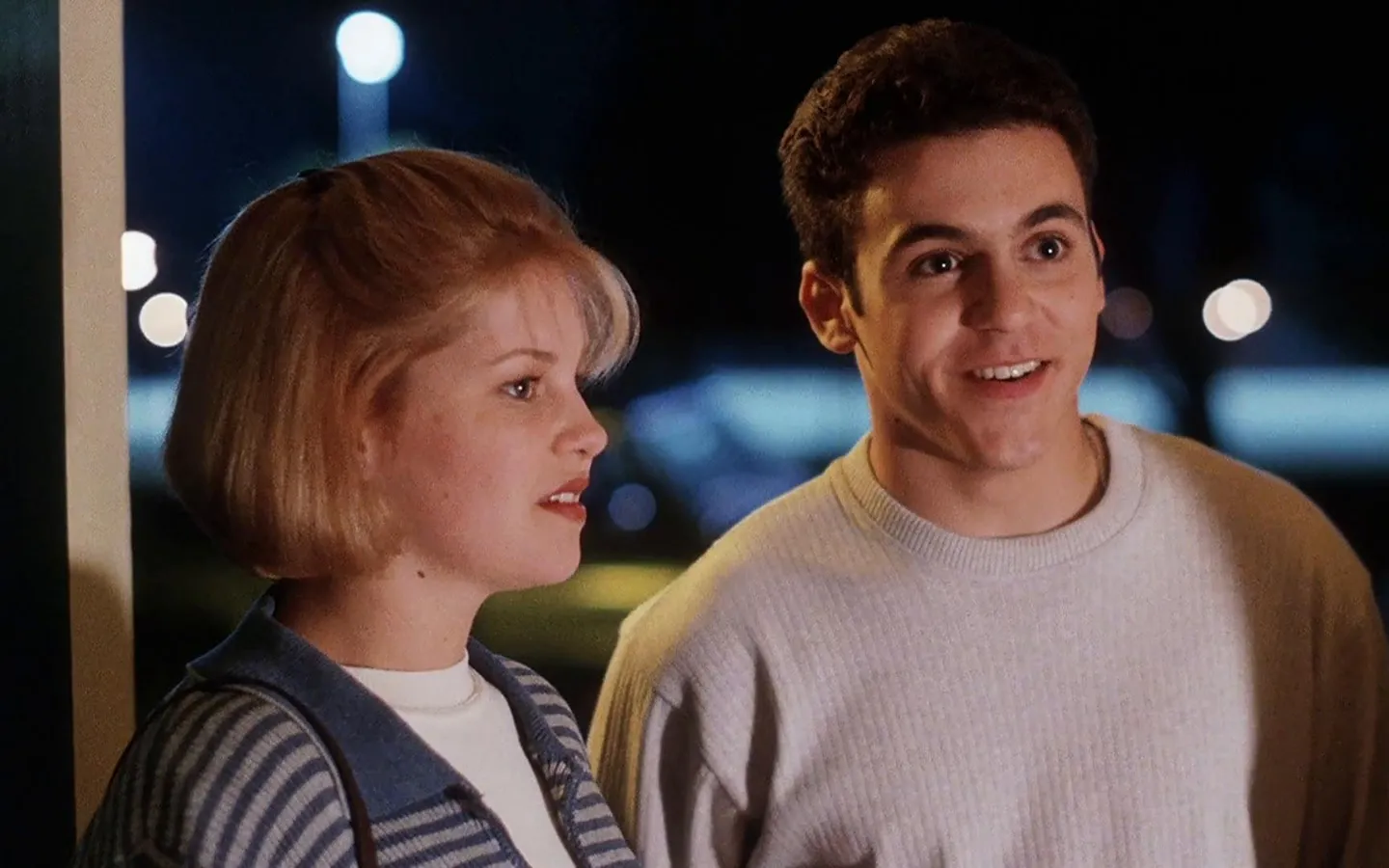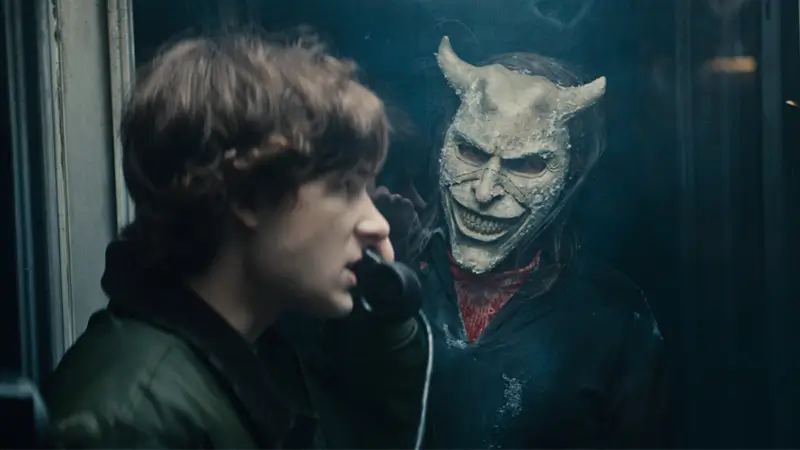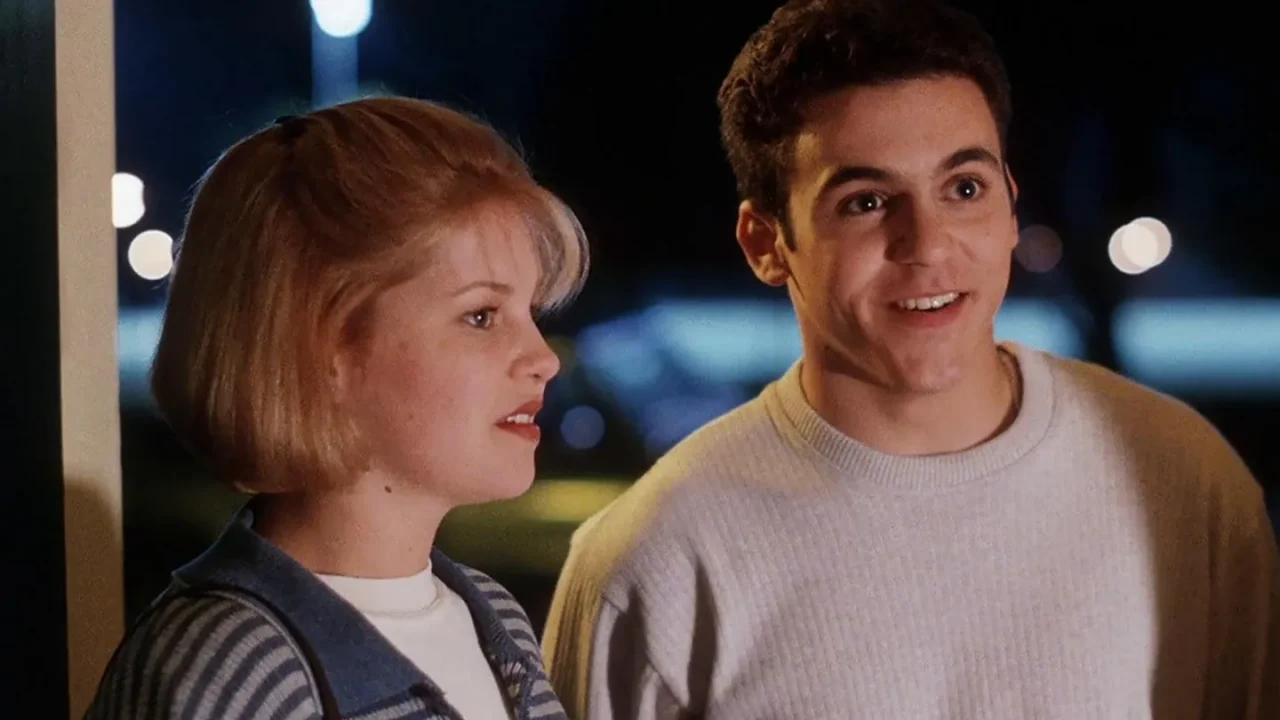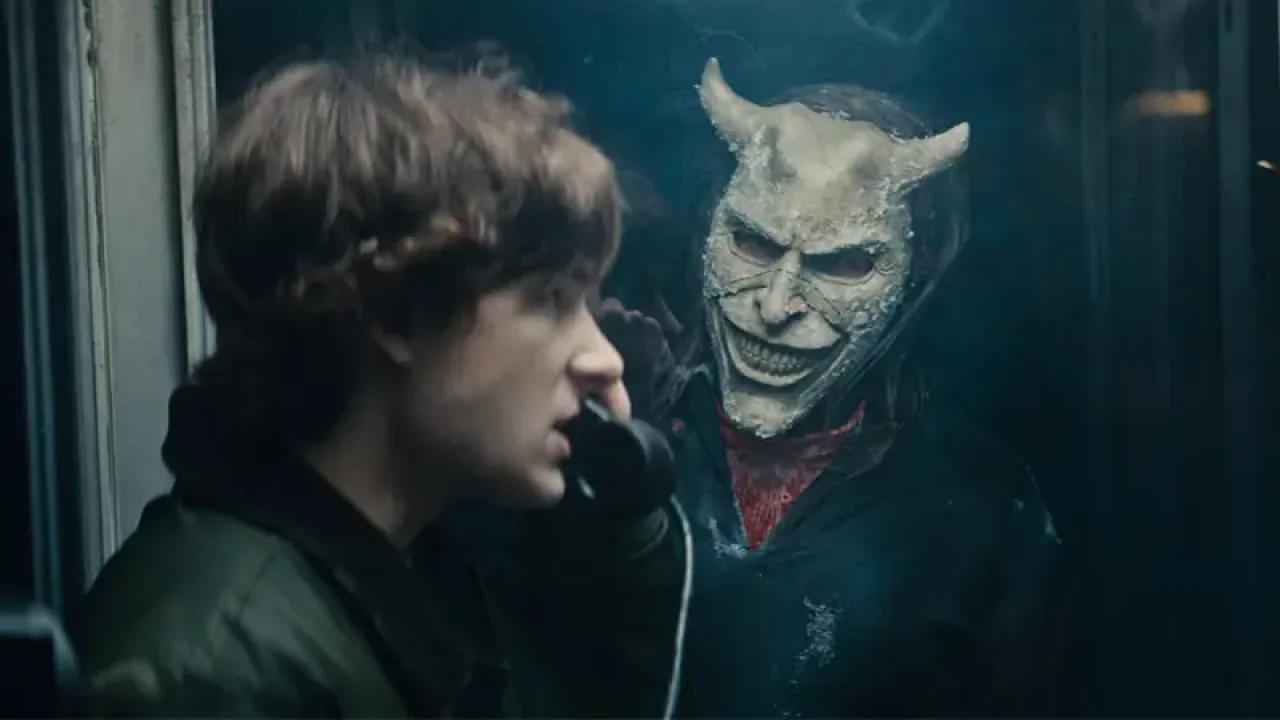On paper, a ghost comedy about haunted vacuum cleaners and other household appliances might sound like the least likely vehicle to explore themes of repression and historical memory. But that’s precisely the ambitious goal of A Useful Ghost (Thailand, Singapore, France, 2025) — a film showcased in the Critics’ Week at the Cannes Film Festival 2025 and winner of the Grand Prix in the parallel section.
- Also check out: Films by Jafar Panahi, winner of the Palme d’Or, to watch online
And, defying all expectations, Thai director Ratchapoom Boonbunchachoke makes it work, striking a delicate balance between supernatural comedy and sharp social commentary in his feature debut. He pulls this off partly through a dry, witty sense of humor, built on restrained performances and carefully composed, detached framing that highlights the absurdity of certain situations. It’s a style not too far from the films of Wes Anderson.
Another similarity with the American auteur is the use of a nested story narrative device. Much like how The Grand Budapest Hotel (USA and Germany, 2014) begins in a cemetery at the bust of a writer before diving into the story that inspired his most famous book, A Useful Ghost begins with its own form of tribute to the past and the deceased. Models pose as workers, farmers, soldiers, and teachers for the creation of a memorial sculpture destined for a public square.
But by the time the main story kicks in, the memorial has already been demolished—along with the entire square—to make way for a new mall. Construction dust is causing respiratory illnesses and deaths among the population, leading to a spike in vacuum cleaner sales. A young gay man (Wisarut Homhuan) – representing a group still deeply marginalized in Thai society – buys one that seems to “cough” the dust right back out.
The repair technician (Wanlop Rungkumjad) explains that the vacuum is likely haunted, a common issue with this manufacturer’s appliances. He recounts the factory’s tragic history: first, the owner died from a respiratory illness. Nat (Davika Hoorne), the wife of one of the sons, March (Wisarut Himmarat), also died the same way. Both, however, refuse to leave the earthly plane. The owner, driven by resentment, haunts the factory by possessing its machinery. She, out of love for her husband, possesses a vacuum cleaner to stay by his side.
The three subplots of A Useful Ghost develop in an intertwined fashion, gradually revealing character intrigues and a powerful social subtext. In the film’s world, ghosts are accepted as part of daily life with a matter-of-fact, almost acidic normality. Of course that vacuum cleaner came back to visit her husband.
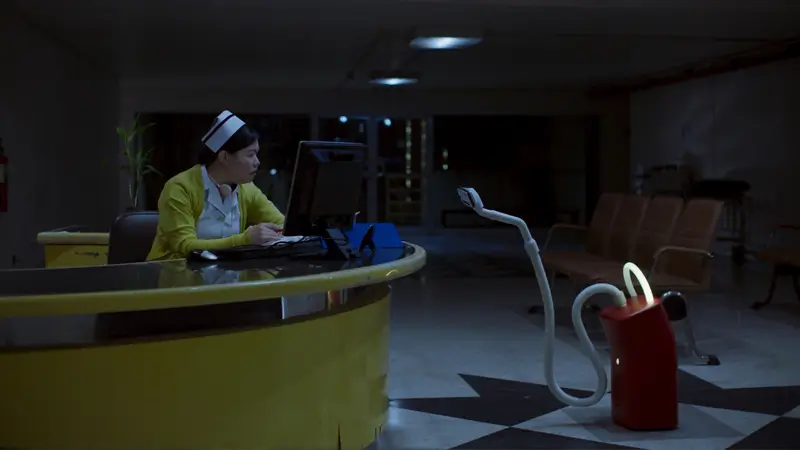
A Useful Ghost, Cannes Critics’ Week Grand Prix Winner, Reflects on Historical Memory Through the Supernatural
These curious ghosts serve as a dual symbol. On one hand, their condition as possessed appliances gives them a utilitarian, instrumental facet, which is pushed into darker, more unsettling territory by external forces (after all, what exactly is a “useful ghost,” as the title suggests? What is the weight of the word “useful”?).
In one subplot, a ghostly character is forced to continue “being useful”—that is, to serve the interests of others even after death. A recurring theme in Asian cinema, seen in films like Dead Talents Society (Taiwan, 2024), or Mickey 17 (USA, South Korea, 2025) by South Korean director Bong Joon-ho. Whether through supernatural or technological means, we seem condemned to produce for others in perpetuity.
The counterpoint lies in the ghosts’ second facet: they are also symbols of historical memory, witnesses to past events who remain in the world only because we insist on remembering them.
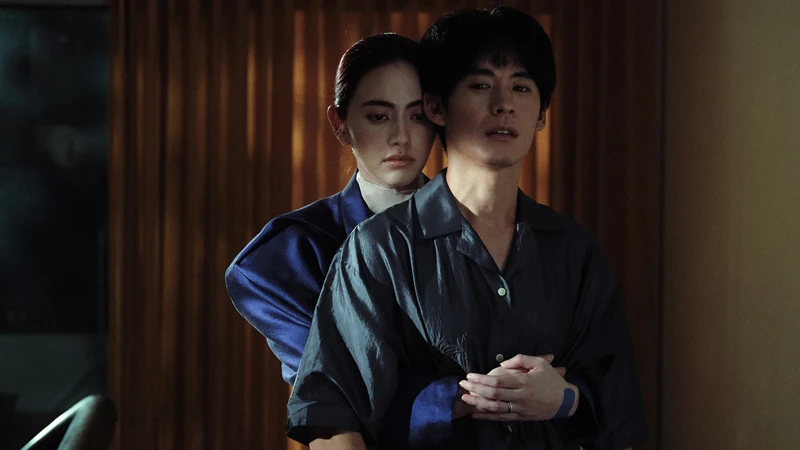
To fully grasp A Useful Ghost, it helps to know a bit of Thailand’s history, marked by coups d’état and violent military crackdowns. Among the most notable episodes are the Thammasat University massacre in 1976, “Bloody May” of 1992, and, more recently, the 2010 military crackdown on anti-dictatorship protesters.
While these are specific to Thailand, any viewer who has lived through similar events in their own country will recognize (and relate to) what Boonbunchachoke’s film is saying—best summarized by one character’s anger: “ghosts don’t surrender to death.” We must remember the ghosts, but also keep the memorials, the public spaces, and love alive—so we don’t fall back into the traps of hatred, repression, exploitation, and self-interest.




